Unveiling of Khorramshahr-4 ballistic missile testament to Iran’s defensive might: Kan’ani
The unveiling of Iran's latest Khorramshahr-class ballistic missile marks yet another testament to the nation's defensive might, Tehran's foreign ministry spokesman has declared.
"The unveiling of the fourth generation Khorramshahr ballistic missile, dubbed Kheibar, manufactured by the Islamic Republic of Iran's Defense Ministry, coinciding with the anniversary of liberation of Khorramshahr [from Iraqi occupation in 1982]… marks yet another symbol of the nation's defensive power along with an honorable foreign policy towards assuring the security and national interests of a powerful and independent Iran,” Nasser Kan'ani boasted in a twitter post on Thursday.
The statement followed the successful test-launch of the Khoramshahr-class missile earlier in the day. The Kheibar missile was unveiled at the presence of Defense Minister Brigadier General Mohammad Reza Ashtiani during an event marking the 41st anniversary of the heroic liberation of the southwestern city of Khorramshahr following its three-year occupation by the then-Iraqi Baathist regime.
One of the main characteristics of Kheibar, a liquid-fueled missile with a range of 2,000 kilometers, is its capability to evade radar detection and penetrate enemy’s air defense systems.
رونمایی از نسل چهارم موشک بالستیک #خرمشهر با نام #خیبر، تولید وزارت دفاع ج.ا.ایران، همزمان با ۳ خرداد سالروز آزادی #خرمشهر و ۴ خرداد روز #دزفول -مقاومت و پایداری-، نماد دیگری از اقتدار دفاعی در کنار سیاست خارجی عزتمندانه کشور در تامین امنیت و منافع ملی #ایران مقتدر و مستقل است. pic.twitter.com/Zs9E5bVM9l
— Nasser Kanaani (@IRIMFA_SPOX) May 25, 2023
Kan'ani's statement also came after France issued an interfering statement following the missile test, claiming that Iran had violated UN Security Council resolution 2231 endorsing the 2015 Iran nuclear deal with the so-called P5+1 countries -- the US, Britain, France, Russia, China and Germany.
"These activities are all the more worrying in the context of the continuing escalation of Iran's nuclear program", French Foreign Ministry spokesperson Anne-Claire Legendre claimed in a press briefing.
Iran has persistently maintained that the nuclear deal has nothing to do with its right to build and possess a strong national defense, especially in light of international sanctions against its procurement of armaments to defend itself against the 8-year Iraqi-imposed military aggression that began in 1980.
The Western parties to the Iran nuclear deal, however, have refused to abide by their pledges of removing sanctions against Tehran but continue to demand a freeze on Iran's civilian nuclear activities.
'Capitulation': Israeli officials and media concede Gaza defeat as truce unfolds
'Gaza has won': Social media users react to ceasefire with mix of relief, joy
Iran seeks South Korea’s assistance for AI, fiber-optic projects
VIDEO | Iran's 'Eqtedar' (Power) maneuver
Israel hits HTS military target in Syria for 1st time since fall of Assad
VIDEO | Press TV's news headlines
Israel has slaughtered 13,000 students in Gaza, West Bank
VIDEO | More Zionist than Zionists: Biden’s legacy to be defined by Gaza genocide


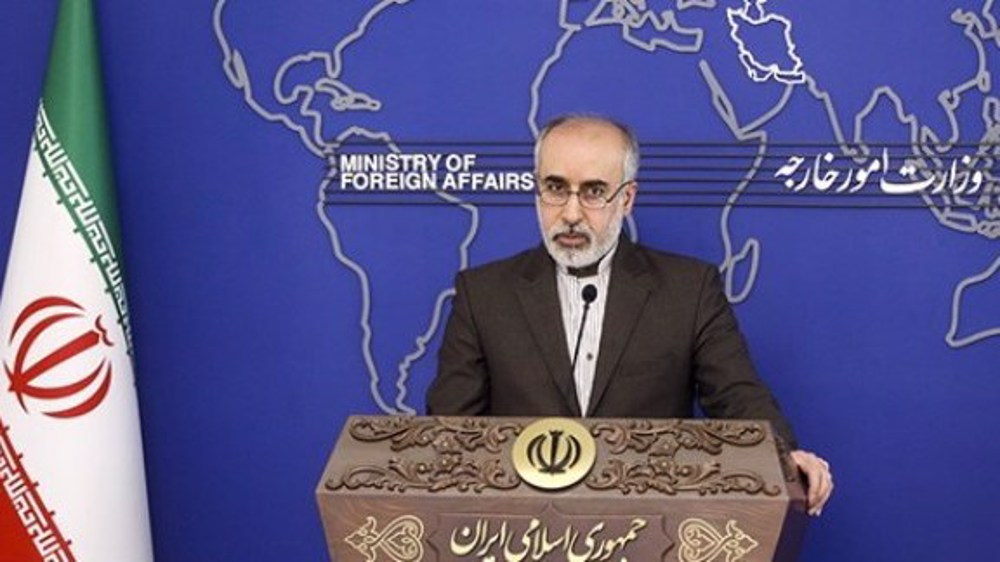
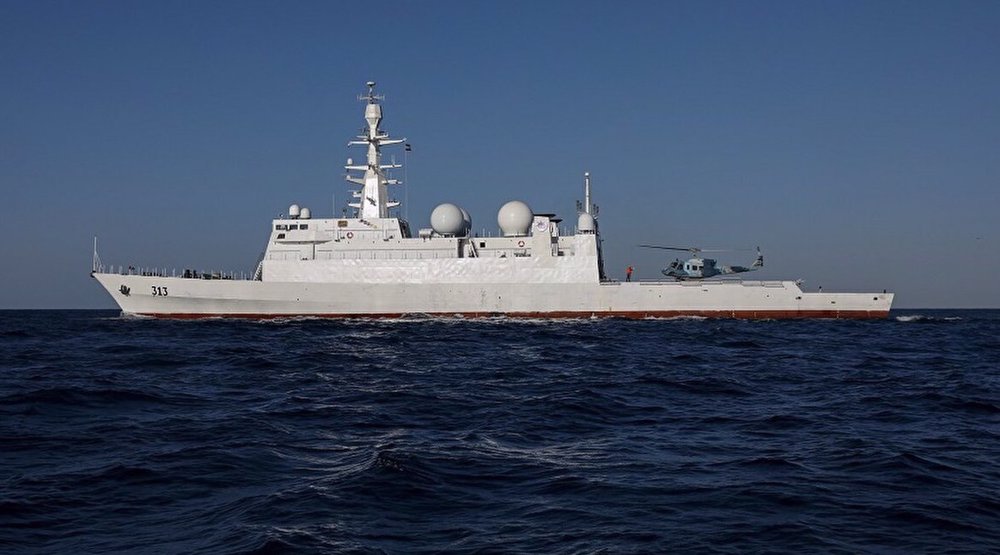
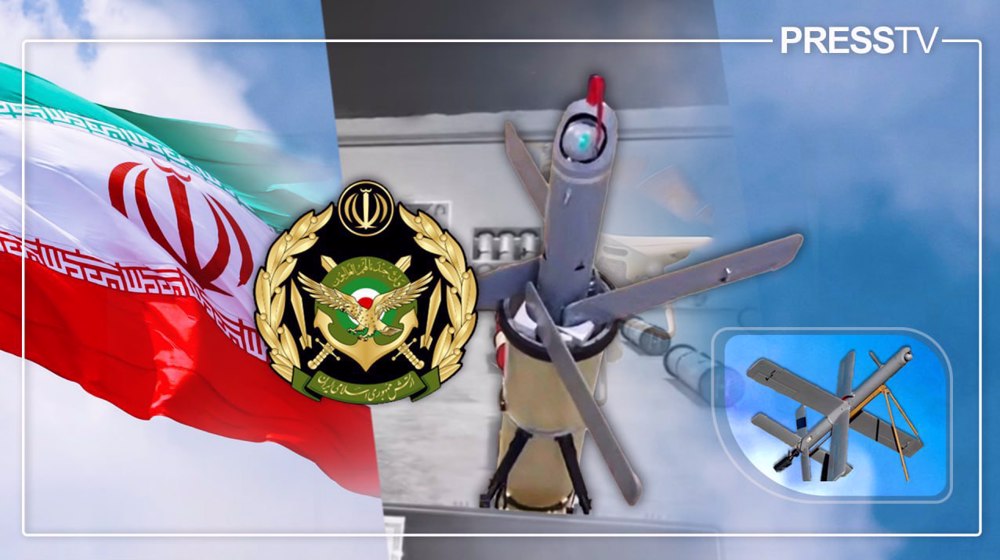
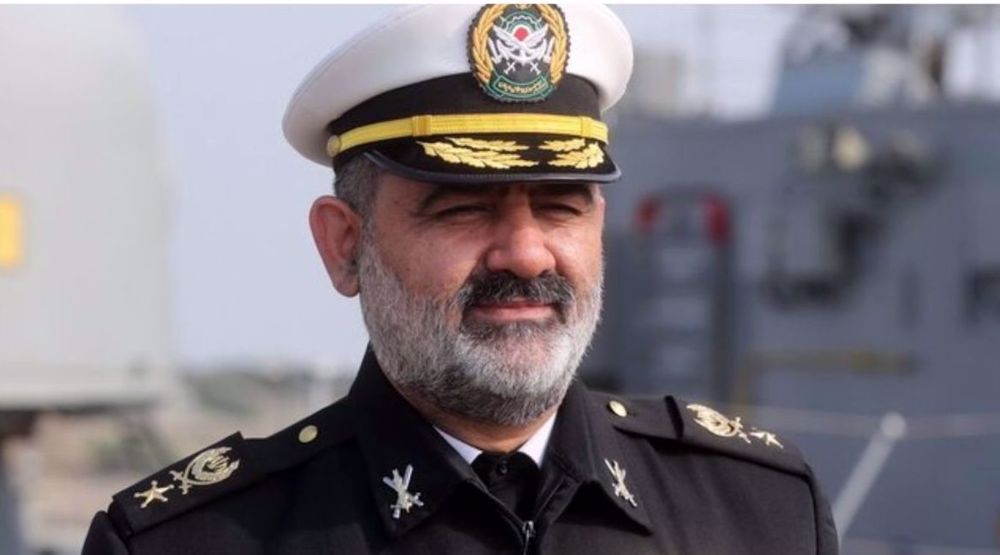



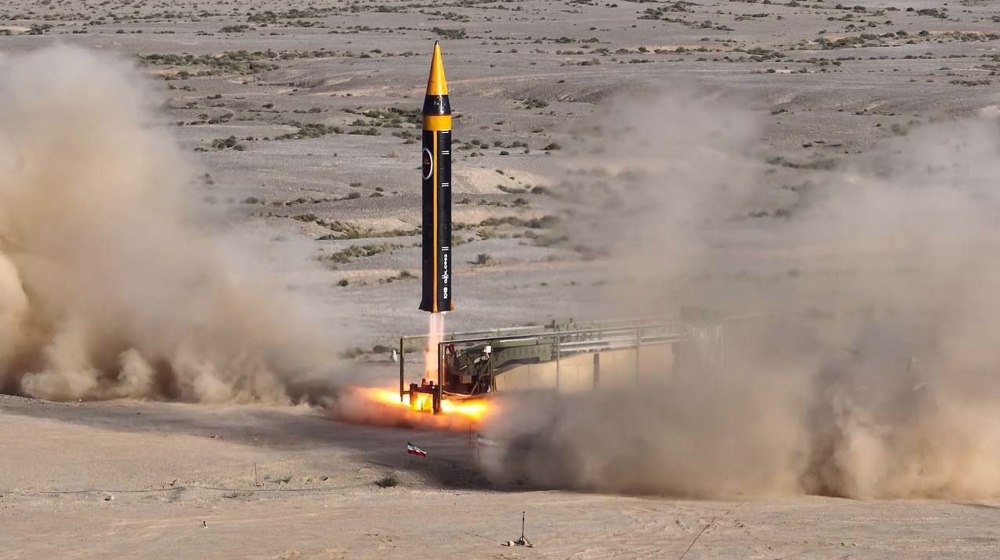

 This makes it easy to access the Press TV website
This makes it easy to access the Press TV website